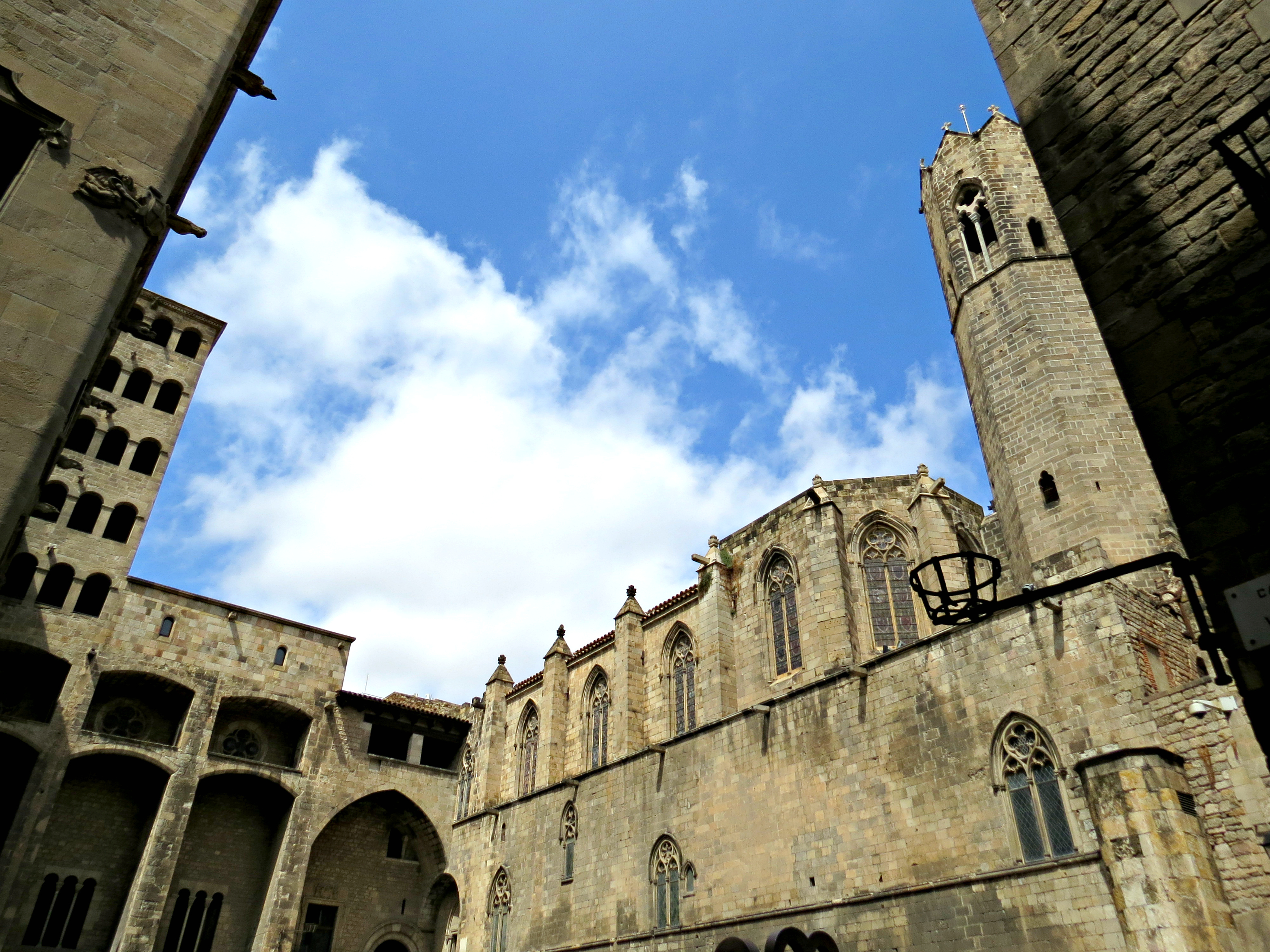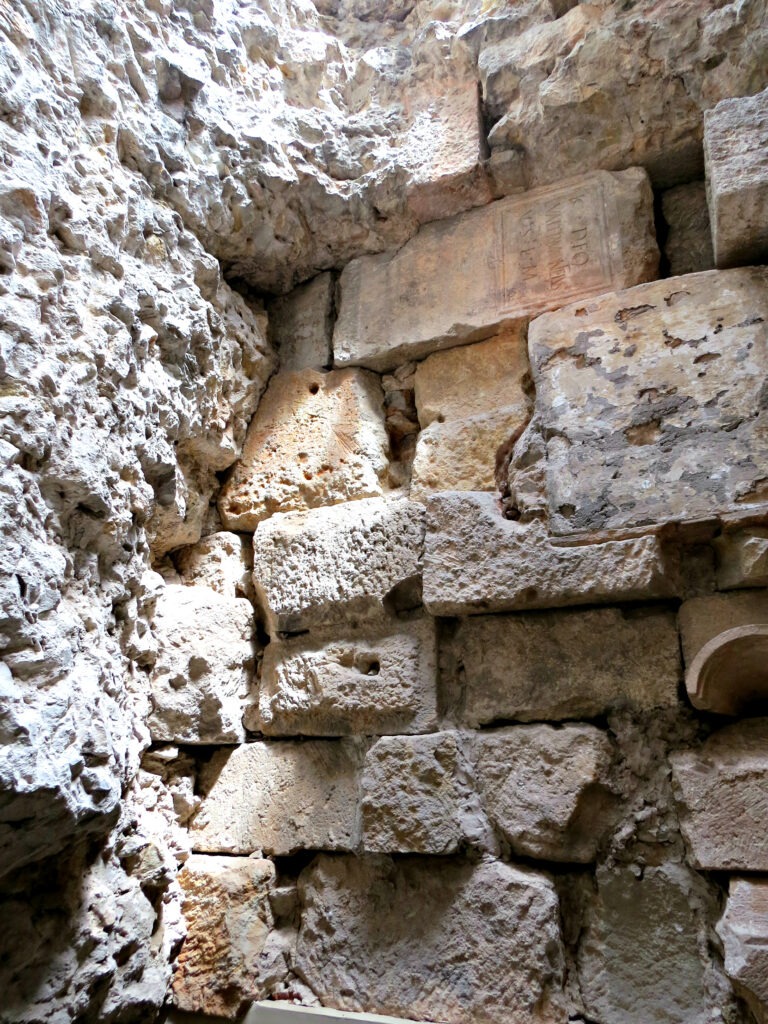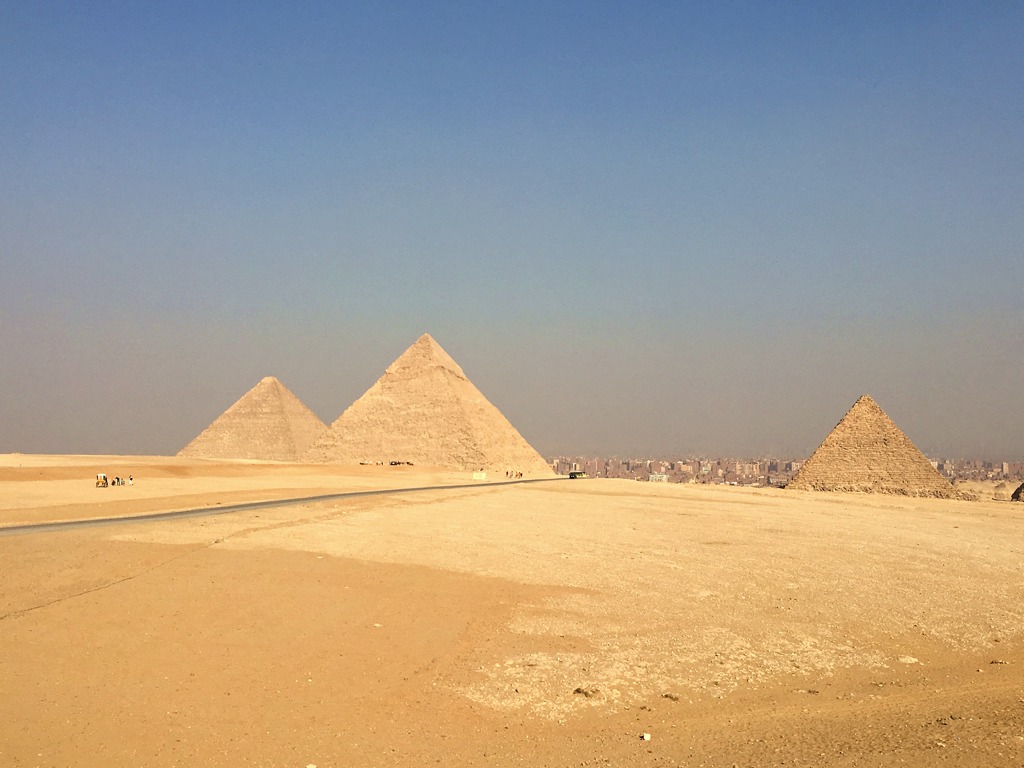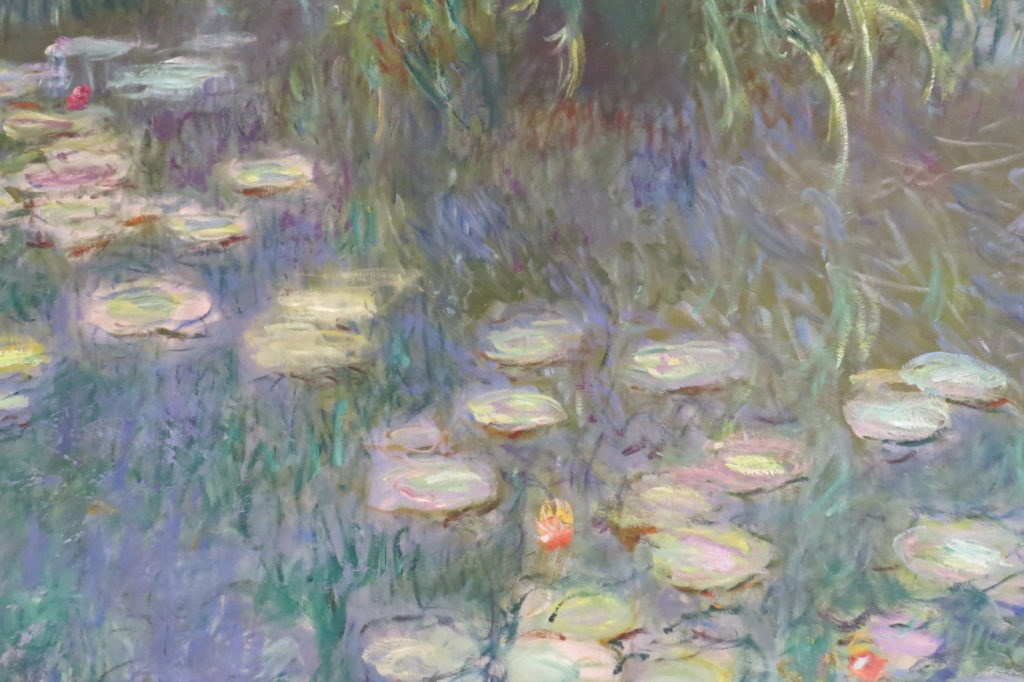My first trip to Barcelona back in September 2015 was filled with so much excitement that I could barely handle both the trip and starting a travel blog. I was overwhelmed by all my photos and thoughts, so it took quite a while to break down all my experiences in Barcelona. I am so fortunate to have been able to go back to Barcelona time and time again, and I finally feel like I’m becoming more of an expert than my partner (who is actually from Barcelona). There are so many ‘must-see’ areas in Barcelona and the Gothic Quarter is most definitely one of them. The Gothic Quarter, or Barri Gòtic in Catalan, is the old city centre of Barcelona. Many of the buildings date from medieval times, some even from as far back as the Roman settlement of Barcelona.


This walking tour takes you to all the best and must-see sights in Barri Gòtic. If you’re wondering where exactly is this area, it’s on the right side of La Rambla, the most famous street in Barcelona. Not only is it a remarkable street full of life, it also acts as a divider between Barri Gòtic to the right, and El Raval to the left. It makes it very helpful in knowing where exactly you are in the city. Now, onto the walk!
- Churros for Breakfast
- Basílica de Santa Maria del Pi
- Plaça Reial
- Plaça de Sant Jaume
- Basílica dels Sants Just i Pastor
- MUHBA
- Lunch
- Barcelona Cathedral
- Plaça de Sant Felip Neri
- Coffee Break
Churros for Breakfast
Well, just before walking, why not have churros and chocolate for breakfast? In Spain, churros are made by frying a long, thin piece of doughnut-like dough in oil, shaped into a loop, and then sprinkled with a light coating of sugar. The dough is not sweet, so the sweetness depends on how much sugar is sprinkled on top. In cafes, or ‘granjas’, they are often served with chocolate a la taza. This style of hot chocolate is extremely thick and quite difficult to sip, but that’s because it’s for dipping churros or eating with a spoon! It’s also not overly sweet, so you can really taste the cocoa of the drink.




The best place to have churros and chocolate in Barcelona is on Carrer de Petrixol, known as Chocolate Street. It has been known as the Chocolate Street since the 17th century when various chocolate shops opened here. To this day, the street has many shops and cafes selling chocolate. The most famous granjas to have churros with chocolate are Granja La Pallaresa and Granja Dulcinea. My favourite is the latter because I personally think the churros are better fried! In addition, I love the interior which feels like something out of Germany with its white and brown intricate woodwork.
Basílica de Santa Maria del Pi
After breakfast, it’s time to explore more of the Gothic Quarter. Our first stop is Basílica de Santa Maria del Pi. Santa Maria del Pi, meaning St. Mary of the Pine, is a 14th-century Gothic church. The church is built in traditional Catalan Gothic style with its single nave and sober (i.e. subtle) ornamentation.


Despite its simplicity, the church does have an incredible, large rose window. The original rose window was destroyed during the Spanish Civil War. The one there today is an exact copy of the 14th-century original, made by Antoni Gaudí’s right-hand man, Josep Maria Jujol. He worked with Gaudí on a number of projects including Casa Batlló, Casa Milà, and Park Güell.


The church is open every day, but only opens in the afternoons on Sundays. It’s not free to enter–it costs 8 EUR to visit. Your ticket includes the basilica, crypt, museum garden, and bell tower.
Plaça Reial
You can either walk through the side streets or down La Rambla until you reach Plaça Reial, a beautiful square with lovely yellow exteriors.



Plaça de Sant Jaume
Our next stop is Plaça de Sant Jaume, which is where both the Palau de la Generalitat de Catalunya and Ajuntament de Barcelona are located. The square itself is quite beautiful and open, but I always find it interesting to see if the buildings have any external messaging. For example, the photo below shows a ‘Refugees Welcome’ banner at the Ajuntament. They’re never shy to show their opinion on political, particularly social, issues


Basílica dels Sants Just i Pastor
Nearby is Basílica dels Sants Just i Pastor. Many reckon this is Barcelona’s oldest church, but regardless if that is true or not, the church is spectacular. I see very few tourists explore this gem, but I really admire the interior.



This minor basilica is dedicated to Saints Justus and Pastor, two boys who were martyred during the reign of Roman Emperor Diocletian. The church’s origins go back all the way to 801. Besides the great stained glass and gothic architecture, the church also features a 16th-century bell tower. It is 35 metres tall and offers a 360-degree view of Barcelona!
MUHBA
Another great stop in Barri Gòtic is the Barcelona City History Museum (MUHBA) Plaça del Rei. It is a huge museum which covers the history of Barcelona, from Roman times until present day. The majority of the museum hovers above city ruins. As you later discover, the city evolved from a church in this very spot.
 Barcelona has an interesting history because, unlike many large cities around Europe, Barcelona wasn’t always a big city. In fact, it was just a small fishing town. Tarragona was the more happening place, so Barcelona as a city is a relatively new identity.
Barcelona has an interesting history because, unlike many large cities around Europe, Barcelona wasn’t always a big city. In fact, it was just a small fishing town. Tarragona was the more happening place, so Barcelona as a city is a relatively new identity.



There are actually numerous MUHBA sites, so don’t get confused! The cost to enter this one is 7.30 EUR.
Lunch
By this time it’s probably time for lunch! Remember in Barcelona, and Spain, lunch normally starts at 2pm (though more often at 3pm) but for tourists sometimes you’ll see restaurants open earlier like 1pm. I recommend either going to El Pintor or Xarcuteria La Pineda. El Pintor is a Catalan restaurant serving grilled dishes, paella and traditional Catalan dishes in a lovely, rustic setting. It has exposed brickwork and terracotta floors. I’ve had calçots here during the calçots season and they, and the other dishes, were delicious. This restaurant is particularly popular with government workers, given that it’s so nearby, so don’t be surprised to see diners in suits!


The other option for lunch, La Pineda, serves charcuterie and tapas. It has been around since 1930, so really is an institution in this area. It’s a bit of a cult spot that serves really good cured meats and delicious, cheap wine.
Catedral de la Santa Creu i Santa Eulàlia
After lunch, it’s time to visit the main attraction: Catedral de la Santa Creu i Santa Eulàlia (Barcelona Cathedral). The exterior is most definitely impressive.



It took years for me to enter because I was always wearing something against the dress code! It’s the only religious building in Barcelona that requires such conservative dress, so here’s a good tip for all of you: don’t wear shorts and bring a shawl or scarf to cover your shoulders. The cost to enter is 14 EUR and includes the choir entrance, access to the rooftop, the chapel hall, the Diocesan Museum of Barcelona, as well as a virtual audio guide. Don’t forget to check out the rooftop.
Plaça de Sant Felip Neri
Our next stop ended up being my most favourite place in the whole quarter: Plaça de Sant Felip Neri. During the Spanish civil war, the Església de Sant Felip Neri was used as a home for evacuated children. On January 30th, 1938, a bomb dropped by Franco’s air force exploded directly in front of the church, killing 30 of the children who were sheltered inside. Shortly afterwards, while people were trying to rescue any survivors, a second bomb exploded in the square, bringing the death toll to 42. You can still see the bomb damage on the walls of the church. Today, the square acts as a reflective space. It is incredibly quiet and it is my favourite spot to go and contemplate.


Break Time
After all that walking around it’s time for a coffee or treat break! I recommend Caelum, a traditional cake shop that offers all sorts of parties and treats, including dulces de monasterios (basically sweets made by nuns). It’s a cute and quaint cafe.


If you’re looking for other places to stop for a drink, Barri Gòtic has some amazing bars with great aesthetics. One of the most famous is Els Quatre Gats. It became popular because many Catalan modernisme artists met up here, including Pablo Picasso and Ramon Casas i Carbó. The interior is incredibly unique and colorful, quite typical of modernisme influences. Even if you don’t come here for the food, at least grab a drink and enjoy the atmosphere.


Another beautiful bar is El Bosc de les Fades. Inspired by a fairy forest, the bar has snaking branches, trickling waterfalls, will-o-the-wisp lights, and delicate fairies. It may seem a bit over the top, but most people (including myself) enjoy the novelty of it all.


And so this ends the walking tour of the Gothic Quarter! I think it’s easy to fall in love with the area with its old world charm and quaint, labyrinthian streets. I personally can’t wait to visit again, starting with churros for breakfast!
What do you think of this walking tour? Did you visit all the sites?




1 Comment
Love your photos! Bookmarking this for future reference! Thanks so much for sharing! 🙂